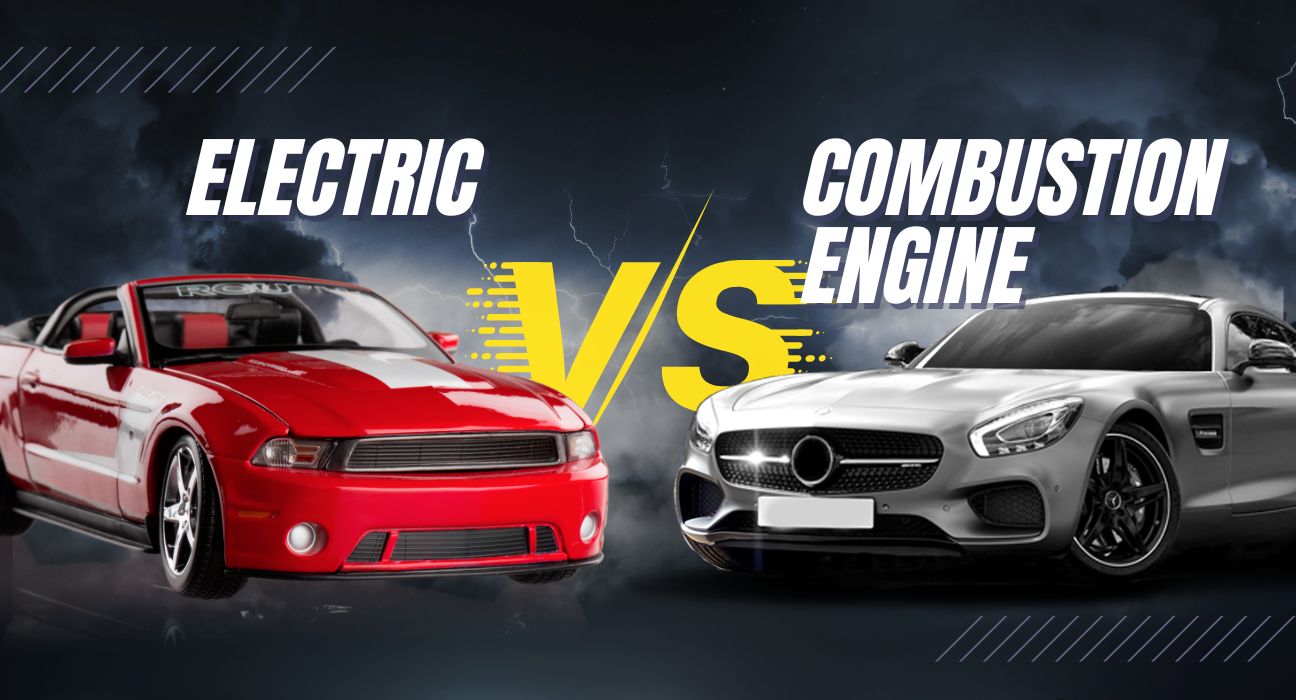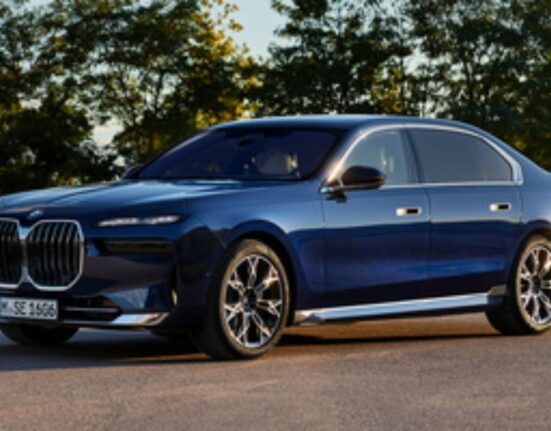Introduction to Electric Vehicles and Internal Combustion Engines
The decision between purchasing an electric vehicle (EV) or a petrol car is one that many potential buyers face today. With the increasing focus on sustainability and advancements in technology, EVs have become a viable alternative to traditional internal combustion engine (ICE) vehicles. While both types of vehicles serve the primary function of transportation, they operate quite differently. Electric vehicles are powered by electricity stored in batteries, whereas petrol cars rely on fuel combustion to generate energy. This fundamental difference in operation is the starting point for evaluating the two options.
Environmental Impact Assessment
When it comes to emissions, the disparity between electric vehicles and petrol cars is stark. Petrol cars emit carbon dioxide and other pollutants directly from the exhaust, contributing significantly to air pollution and climate change. Electric vehicles, on the other hand, produce no tailpipe emissions, which can lead to cleaner air, particularly in densely populated areas. Additionally, the environmental benefits of electric vehicles are amplified when considering their potential to be powered by renewable energy sources. As the electricity grid becomes increasingly sustainable, the overall emissions associated with EVs are expected to decrease further. This shift not only supports global efforts to combat climate change but also reduces the ecological footprint of individual users. Therefore, the environmental advantages of electric vehicles extend beyond immediate urban air quality, influencing broader sustainability goals.
Financial Considerations
Electric vehicles often have a higher upfront cost compared to petrol cars. However, the long-term savings associated with EVs can help mitigate this initial expense. Electricity tends to be cheaper than petrol, leading to reduced running costs. Additionally, EVs typically have fewer moving parts, which means lower maintenance costs over time. In contrast, while petrol cars might be less expensive to purchase initially, they generally incur higher fuel and maintenance expenses. The potential for government incentives and grants for electric vehicle buyers can also play a significant role in offsetting the higher initial cost. Buyers should carefully evaluate these financial factors to understand the true cost of ownership over the vehicle’s lifespan.
Range and Charging Infrastructure
The range of electric vehicles has significantly improved, with many modern models capable of exceeding 200 miles on a single charge. However, petrol cars typically offer longer distances per refuelling. Charging infrastructure for EVs is expanding across the UK, yet petrol stations are still more widespread and provide quicker refuelling. This disparity in refuelling speed remains a challenge for EVs, although rapid charging stations are becoming more common. The convenience of home charging for electric vehicle owners offers an advantage, particularly for daily commutes. As the network of charging stations grows, the gap between the refuelling convenience of EVs and petrol cars is expected to narrow.
Performance and Technological Developments
Electric vehicles are renowned for their swift acceleration and smooth, instantaneous driving experience, thanks to the electric motor’s capability to deliver maximum torque from a standstill. This feature has traditionally been one of the key selling points for EVs, appealing to those who enjoy a responsive and dynamic drive. Recent advancements in battery technology and software are further enhancing EV performance, making them increasingly competitive with petrol cars. On the other hand, petrol cars have long been valued for their reliable and robust performance, particularly in terms of engine power and driving range. Technological innovations in petrol engines, such as turbocharging and direct fuel injection, have continued to improve fuel efficiency and overall performance. Additionally, the emergence of hybrid systems combines the benefits of both electric and petrol power, offering a balanced option for consumers. The continuous development in both electric and petrol vehicle technologies ensures that each type remains a strong contender in the automotive market. As these advancements progress, the choice between an EV and a petrol car will become increasingly influenced by personal preferences and driving habits.
Resale Value and Market Dynamics
The resale value of vehicles is another critical factor to consider. Historically, petrol cars have had more predictable resale values. However, as electric vehicles become more mainstream and demand increases, their resale values are becoming more robust. Market dynamics are shifting, with more consumers interested in sustainable transportation options, which could influence future resale trends. Understanding these dynamics can help buyers make a more informed decision regarding their vehicle investment.
Conclusion and Recommendations
Choosing between an electric vehicle (EV) and a petrol car involves evaluating several key factors to determine which option best suits your needs and lifestyle. When weighing environmental impact, financial considerations, range, charging infrastructure, performance, and resale value, it’s essential to prioritise what matters most to you.
Electric vehicles stand out for their environmental benefits and lower long-term operating costs. With no tailpipe emissions, they contribute to cleaner air and a smaller ecological footprint. Financially, while EVs may have a higher upfront cost, the savings on fuel and maintenance can offset this over time. Moreover, government incentives and grants can make EVs more accessible. The growing network of charging stations and the convenience of home charging are further advantages, particularly for those with predictable daily commutes.
Petrol cars, on the other hand, offer well-established benefits such as lower initial purchase prices and greater refuelling convenience. Their longer range between refuelling stops can be advantageous for long-distance travel. Additionally, the widespread availability of petrol stations ensures ease of refuelling almost anywhere. Technological advancements continue to improve the fuel efficiency and performance of petrol cars, making them a reliable choice for many drivers.
The resale value of vehicles is also evolving, with electric vehicles gaining traction as more consumers seek sustainable options. While petrol cars have historically held more predictable resale values, the increasing mainstream acceptance of EVs is likely to bolster their resale value over time.
Ultimately, the decision between an electric vehicle and a petrol car should align with your personal priorities and circumstances. If you value environmental sustainability and lower long-term costs, an electric vehicle may be the ideal choice. Conversely, if immediate affordability and extensive range are paramount, a petrol car might better meet your needs. Consider your driving habits, budget, and long-term goals to make an informed decision that ensures your chosen vehicle provides satisfaction and reliability for years to come.








Leave feedback about this